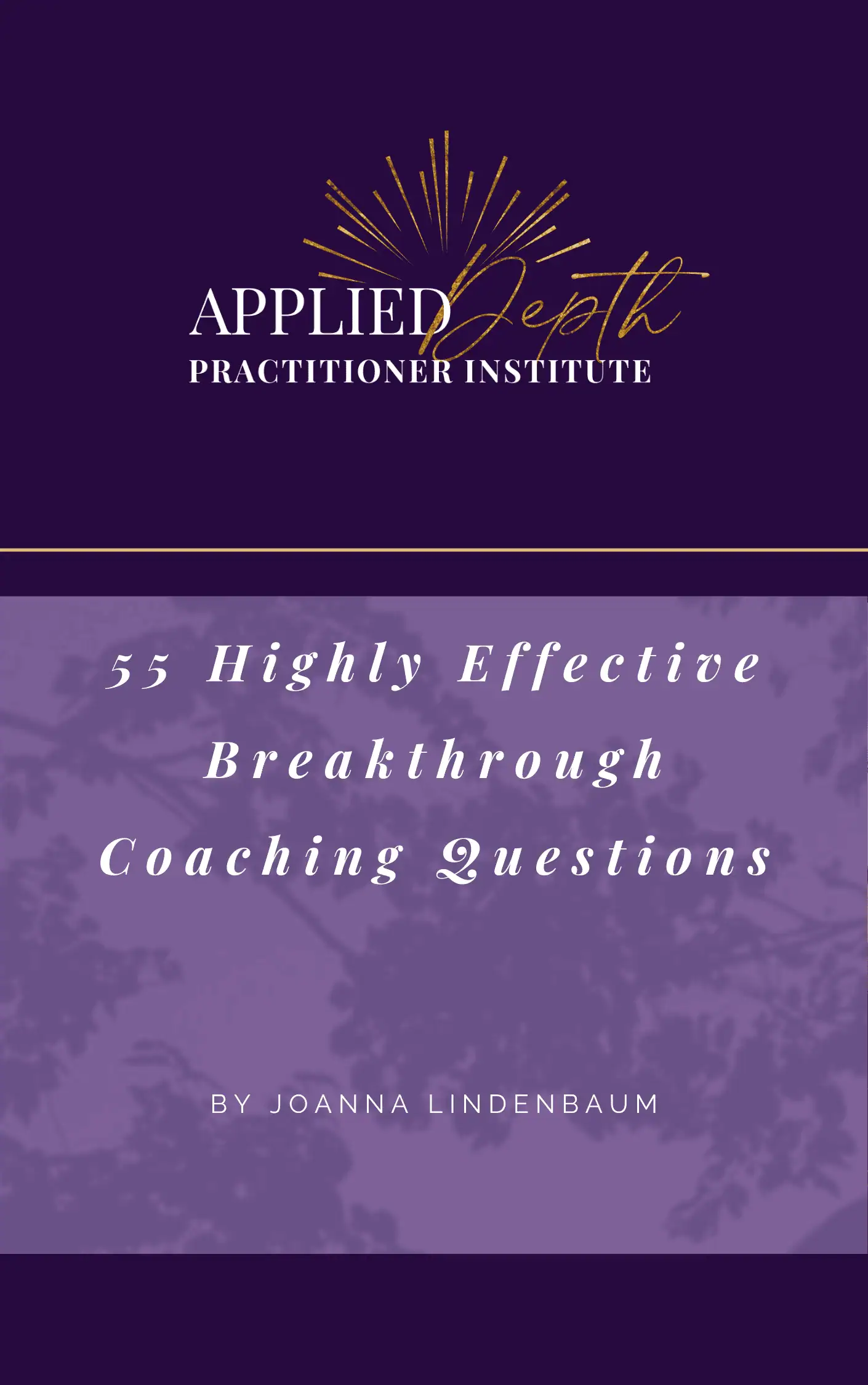24 November, 2017
What are your clients addicted to?

Three years after that, when my business was solid and established, I was still working 70-hour weeks, if not 80 or sometimes 90! It ate away at my personal time, my self-care time, my spiritual time, and my social time. But I told myself that I needed to work hard in order to maintain my business and keep it going.
I believed this with all my heart and soul.
I believed it so much that nothing could stop me from working from early morning until late at night. I worked through social engagements. I worked through evenings when I could have been spending time with my husband. I worked through the times I promised myself I’d go to yoga class.
It didn’t matter how many new plans I made to work less, how much time management I tried to apply. Nothing worked. Because…
I was addicted to over-working.
I couldn’t stop working, no matter how much I wanted to.
I’m not talking about a clinical addiction, but rather addiction as it is defined in the Merriam-Webster dictionary:
a strong and harmful need to regularly have something or do something
For as much as I loved my business, my habit of over-working was so strong that it was harmful. The reason I was powerless over my overworking is because I didn’t realize I was addicted to it. It was in my blindspot, so I kept on trying to strategies that didn’t actually address the problem.
As I became more and more aware of my addiction, I began to realize something else — there was a reason why I had allowed over-working to become so powerful. My habit began as a distraction mechanism, a way to detach myself from a fear or problem in my life, a way to avert my attention from an anxiety.
In my case, it was my mother’s illness. It was just way too painful to be tuned in non-stop to the nightmare of my mother’s deteriorating health and constant hospitalizations, so I turned to work as my drug. And WOW — what a good drug it was.
The more I was willing to see exactly how much I was using over-working as a distraction mechanism from my emotions, the more I was slowly able to take control back over it and make grounded and aligned decisions about my work schedule.
And since then, I can say that I haven’t worked with a single woman who wasn’t addicted to something – I’ve witnessed the addiction to eating, to exercising, to being a Victim (another one of my personal favorites), to buying more and more coaching programs. I’ve witnessed the addiction to fame, to Facebook, to whining, to making more and more money, and to being over-organized, among others.
For each woman, as soon as she’s become aware of her addiction through our work, as soon as we brought it to light, the awareness helped her see that she was using this habit as a way of distracting herself from something she didn’t want to connect with: from the fear of being seen, or the fear of failure, or the pain of not being good enough. This awareness has been the beginning of the road to recovering from the addiction and coming into right relationship with herself and her business.
We each have an addiction in one way or another.
We each glom ourselves onto a habit that helps relieve us from reality. It’s just that we’re so smart that often times the addictive habit masquerades as “productive” or “proper” or “helpful”.
But addictions ultimately hold you back from experiencing the fullness of yourself, your body and your life. For as “good” as they seem, it is valuable to call them out and untangle yourself from them.
Here’s how to begin to untangle yourself & your clients from habitual behaviors that don’t serve:
1) Identify it: What’s your addiction?
What is that habit that you don’t totally have control over? The one that feels so compelling to you, so necessary to continue with, so important…but truly at the end of the day is actually eating away at your connection to self, connection to Spirit, and connection to others?
2) What is the reason you’re telling yourself that you MUST continue with this addictive behavior?
Remember mine? I kept on telling myself I needed to overwork in order to maintain my business.
I had a “ really reasonable” reason behind my habit.
3) What are you using the addiction to help you escape or distract yourself from? Why are you distracting yourself from this particular thing?
This one requires a little deeper self-inquiry, but you will be able to identify it. You most likely know intuitively — what are you so scared of experiencing or seeing in your life that your addiction has safeguarded you from?
4) Would you be willing to make a different choice?
When you’re not aware of your addictive habits, you have no choice in breaking the habit. But once you become aware of them and why they are present, then you have choice.
Of course, this is just the beginning to unwinding the habitual behaviors that don’t serve you, but it’s a powerful place to start. I’d love to hear what comes up for you through this exploration process.














